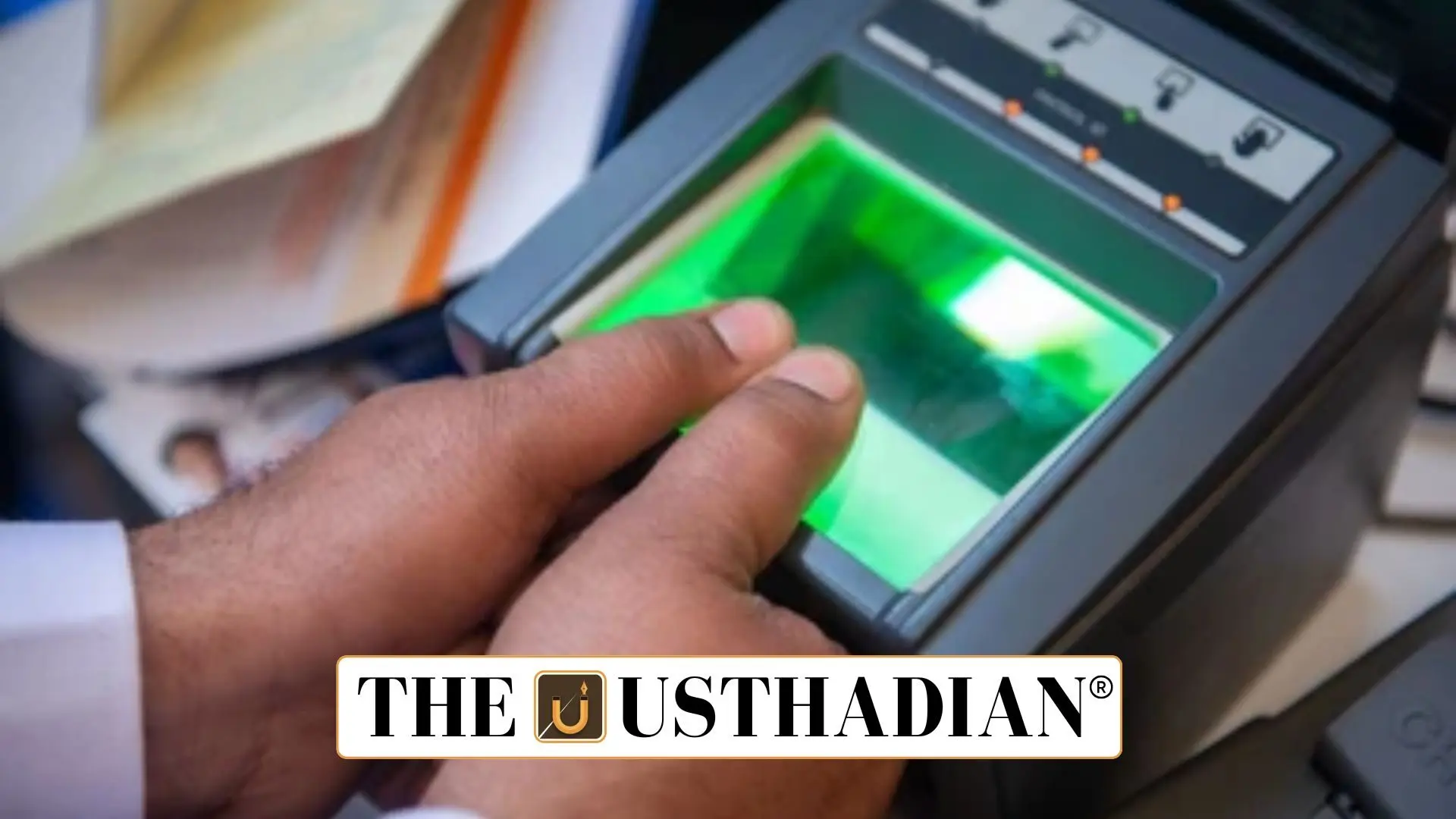No Fingerprint Match with Aadhaar for Deceased, Says UIDAI
UIDAI Rejects Fingerprint Matching of Deceased with Aadhaar: Privacy Over Policing: The Unique Identification Authority of India (UIDAI) has clarified that it cannot provide fingerprint matching or demographic details from the Aadhaar database to help the police identify unclaimed or unknown deceased bodies. This decision reinforces the strict data privacy norms laid down under the Aadhaar (Targeted Delivery of Financial and other Subsidies, Benefits and Services) Act, 2016. Even in cases where identity is critical for law enforcement, data confidentiality takes precedence.
What the Aadhaar Act Says About Biometric Privacy
The Aadhaar Act, 2016, was enacted to ensure targeted delivery of government subsidies and services. It includes Chapter VI, which deals with the confidentiality and security of identity information. Section 29(1) of the Act specifically prohibits sharing of core biometric data—such as fingerprints or iris scans—for any reason whatsoever, even with government agencies. This means that even if police request such data for identifying a body, UIDAI is not legally permitted to comply.
Legal Path Only Through Courts—and Even Then, Limited
There is a narrow exception in Section 33(1) of the Act. It allows for the disclosure of identity information or authentication records, but only when ordered by the High Court or Supreme Court. Even in such cases, the UIDAI must be heard in court, and core biometric data cannot be disclosed, only basic demographic or authentication logs. This clause ensures judicial oversight in any attempt to override privacy protections.
Striking a Balance: Public Safety vs Data Protection
While the inability to use Aadhaar to identify unknown bodies might pose challenges for criminal investigations or disaster responses, the law clearly prioritizes citizen privacy and misuse prevention. The UIDAI’s refusal isn’t a technical limitation—it is a legal mandate meant to uphold data security, personal dignity, and the original purpose of Aadhaar.
Static GK Snapshot
| Topic | Detail |
| Governing Body | Unique Identification Authority of India (UIDAI) |
| Relevant Law | Aadhaar (Targeted Delivery of Financial and Other Subsidies) Act, 2016 |
| Section Prohibiting Sharing | Section 29(1) – No sharing of core biometric data |
| Section Allowing Limited Disclosure | Section 33(1) – Only through court order, excludes biometric data |
| Core Biometric Data Includes | Fingerprints, iris scans |
| Original Purpose of Aadhaar | Targeted delivery of subsidies and services |
| Disclosure Requirement | Must be approved by High Court/Supreme Court with UIDAI’s presence |








